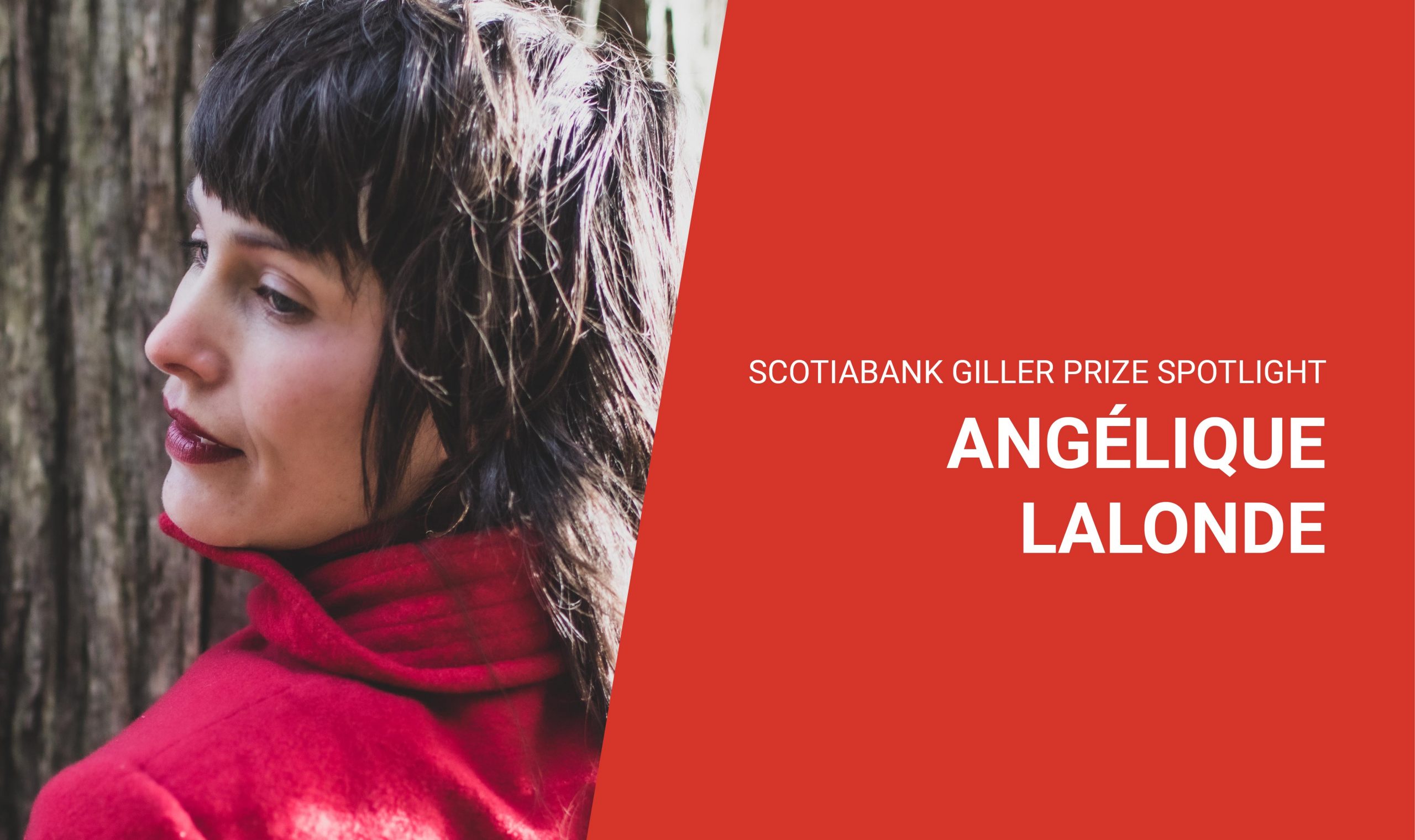Scotiabank Giller Prize Spotlight: Angélique Lalonde
September 13, 2021
Angélique Lalonde’s short story collection, Glorious Frazzled Beings has been longlisted for the 2021 Scotiabank Giller Prize.
Angélique Lalonde was the recipient of the 2019 Journey Prize, has been nominated for a National Magazine Award, and was awarded an Emerging Writer’s residency at the Banff Centre. Her work has been published in numerous journals and magazines. She holds a Ph.D. in Anthropology from the University of Victoria. Lalonde is the second-eldest of four daughters. She dwells on Gitxsan Territory in Northern British Columbia with her partner, two small children, and many non-human beings.
Where is your favourite place to write?
My favourite place to write is my writing desk. The writing desk itself is made of worn old dark wood with paint stains and burn marks on it because it has at different times been my art table, writing desk and dining table, or all three at once. It was the first piece of new furniture my parents bought together when they moved out of their van into the trailer I grew up in. It was our kitchen table for most of my young childhood, until the family grew too big for it and a new oval pine table was bought. My writing desk was gifted to me by my mother when I moved out on my own and has travelled with me to dwell in all the various homes I have lived in (except for a few brief years in Montréal when I could not afford to ship the table cross country). Right now the desk overlooks my garden, and the mountains beyond, oriented towards the river, and although I can’t see the river from my desk, I can hear it from the open window and often see the mist rising off it as I write.
Is there an activity you do to help inspire your writing?
My writing is deeply inspired by walking and being on the land. I see my writing practice as part of my being practice, which is a continuous learning about how to be in relationship with land, place, and the beings who I am responsible to in sharing land. There is a lot to learn and unlearn in this process because we all live on Indigenous lands, whether we are settlers or Indigenous people, or both. I currently live on Gitxsan territory as an uninvited guest so walking on the land is always political as well as spiritual and these complexities emerge in my writing. Lady with the big head chronicle, the first story in my collection, explores some of these complexities from a fictionalized first person narrator’s point of view. I learned how to walk on the land from my mother, and have always been a displaced person with an unclear relationship to my mother’s ancestors. So I carry her, and my own ancestors with me when I walk and write, sifting through what I’ve inherited and the land and language that holds my walking. I have been blessed to have had several dog friends accompany on my walks throughout my life. They help orient me to a world beyond my human knowing, and these learnings also inspire my writing
What are you reading now?
I have had a bit of a haphazard reading process lately so I am dabbling in a lot of books right now, reading bits and pieces of each in the different sparse moments that are given to me to read, depending on what world I want to travel to in these moments. These books, in the order they pop into my head, are: N.K. Jemisin’s The City We Became, Yoko Tawada’s Memoirs of a Polar Bear, Heidi Sopinka’s The Dictionary of Animal Languages, Hassan Blasim’s The Corpse Exhibition and Other Stories of Iraq, Merlin Sheldrake’s Entangled Life: How Fungi Make Our Worlds, Change Our Lives, and Shape Our Futures, Haruki Murakami’s First Person Singular, Billy-Ray Belcourt’s A History of my Brief Body, Joy Harjo’s Conflict Resolution for Holy Beings (I think I am always reading this book, which I received as a gift from a dear friend, and return to often), Lydia Davis’ Essays: One, Resmaa Menakem’s My Grandmother’s Hands, Daniel Siegel’s Mindsight, and Alexandra Horowitz’ Inside of a Dog. I just received in the mail today — and am very much looking forward to reading — Maggie Nelson’s On Freedom, and my niece Maisie Bodrug’s poetry and stories in Growing up Trans: In Our Own Words, an edited collection by Lindsay Herriot and Kate Fry.
Is there a book that you find yourself reading over and over again?
I already mentioned Joy Harjo’s Conflict Resolution for Holy Beings, but I’ll mention it again since it’s a volume I return to often when I am seeking ground.
And I also have to mention Ursula K. Le Guin’s Earthsea books. I have read these many times, and am sure will read them many more. I look forward to my children being old enough that we can read them together. I love the way these books evolve over time as her work and thinking about the world evolved, how she went back to Earthsea over and over again when it seemed things had been going on there she hadn’t been paying attention to, and then she would notice and turn herself back towards that world to continue the stories.
What would your job be if you weren’t an author?
I can’t, at this time, consider being an author a job, since it’s not something I can rely on to pay my rent and feed my family. The job I do currently have is as the co-director of a social justice non-profit called Storytellers’ Foundation in Hazelton, BC, where I have worked in various roles since 2015. Sometimes I get to do things I really enjoy at this job, like constructing a big loom and gathering plants and other fibres to hold space for a community weaving project in the backyard. I appreciate the way this job allows me to connect with other people and work on things together. I do not love the ins and outs of running an organization. If I could flip things and consider being an author a job, and do unpaid community work, that would be the dream.
What is your favorite CanLit book?
This is hard to answer because there are so many amazing writers writing from the many lands we call Canada, but if I have to pick a favourite that I would recommend to anyone who asked, I would pick any book by Leanne Betasamosake Simpson, and particularly This Accident of Being Lost.

